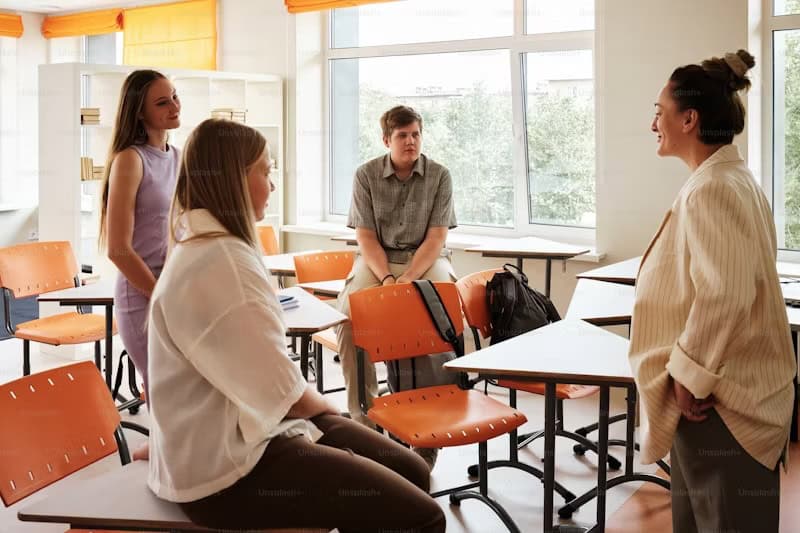

When people find out that I’m a teacher they inevitably comment with, “that’s a thankless job,” or something with a similar intent. Their intention is to offer their respect and/or sympathy for committing to a role that seems terrifying and soul-crushing to them. (We’ve all heard of teacher burnout). It also very much comes from memories of their experiences as students and how they reflect on their teachers now that they’re adults. Most people have a teacher that they remember fondly, considered a mentor, or felt impacted by in some way that has stayed with them. It is all in the reflection over many years about the relationship with the person rather than the outcome of the classroom. What the thanklessness of the job actually represents is an inability on our parts as educators to sustain daily relevance in our classrooms. If our students who become the adults providing us with this sympathy felt that their educational experience was relevant, I think we’d be better positioned and treated within our society.
What does it mean, what does it look like, what does it feel like to be relevant in the classroom? At its core, it means to be present. It looks like a teacher who works hardest in their classes rather than in their prep periods. It feels like I’ve earned every student’s trust to take a risk and fail. It’s a relevance that stands in the face of traditional pedagogy, bureaucratic mandates from an outdated system, and a grade-obsessed culture.
Although I feel accomplished in defining relevance for myself (and maybe for a few of you), as it stands above, it’s an idea without execution; in other words, it’s useless. Two years ago, I went searching for an execution plan and found The Startup Studio’s Learn to Start model. When North Broward Preparatory School signed on to partner and support the program in our school with me as the instructor, I started to develop the free agency necessary to create and sustain relevance for my students.
My relevance is now anchored in three approaches to my practice:
Many people have been in my classroom since I started instructing within this program. I’ve had colleagues, school administrators, parents, and outside mentors share their stories and provide students with meaningful, live feedback. Not one of those people mentioned my thankless job. They have spoken to the value of the program, the desire to continue participating, and thanked me for letting them be a part of relevant education. Students thank me for my mentorship and their growth. It all started with me crafting my own value proposition to act as the foundation for my classroom relevance. I encourage all my colleagues to start crafting their own VPs and use them as the guide for how they iterate on their curriculum and classroom best practices.

Anastasia is an educational leader and the Director of Human Development for Learn to Start
LEARN TO START
connect with us
Get in touch and ask us a question about any aspect of Learn to Start.
This site is protected by reCAPTCHA. The Google Privacy Policy and Terms of Service apply.
© Startup Studio LLC | All rights reserved | Legal Policies